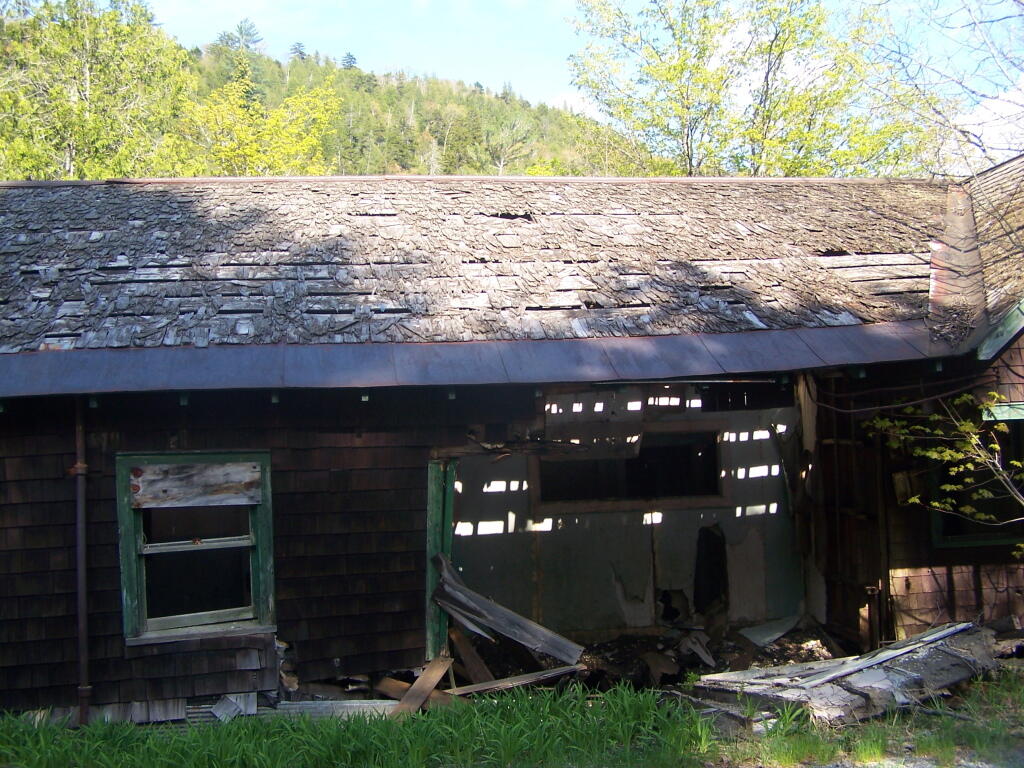I wasn’t going to do an evening walk 🚶
But it was such a nice evening with the expected heat come the morning I figure get in extra steps this evening before bed even though it’s late. Plus I will need milk for coffee come the morning. 🐮
Went grocery shopping this evening for my weekly sticker shock 🤯 and got the very impressive Pine Bush display from Lynne for the Lupine Festival. Then I saw gas prices in Glenmont. I shouldn’t care, I drive a gasser and so few miles days and make really good money. 💵
I pulled a beer out of my truck and put it in the freezer 🍻 and I’m waiting with baited breath for the Special Master to release his maps tonight. 🗺 Such a map geek I don’t even know if can download the shapefile on my phone, and I don’t want to waste my hot spot. I shouldn’t stay up late 🛏, I have work to do in the morning with committee agendas before heading over to the Lupine Festival 🌲.



